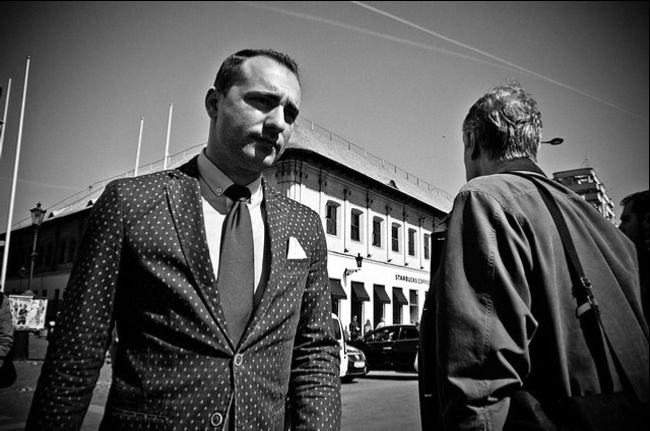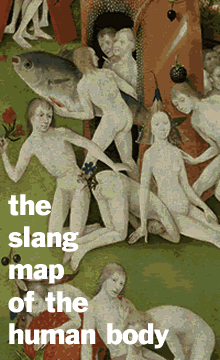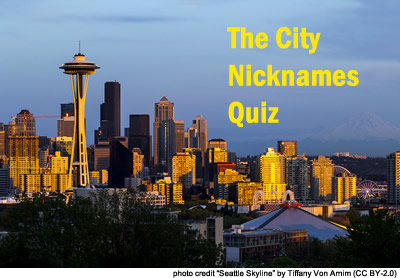tigerish
 photo credit: "Stylish" by J Stimp (CC-BY-2.0)
photo credit: "Stylish" by J Stimp (CC-BY-2.0) Definition: (adjective) dressed in showy and often colorful clothes (archaic)
Example: As a successful pimp, Marcus felt it was his obligation to be tigerish.
Quote:
“YES, the white hat, lying there all battered and crushed on the white snow, must be the hat of Sir Runan! Who else but the tigerish aristocrat that disdained the homely four-wheeler and preferred to walk five miles to his victim on this night of dread--who else would wear the gay gossamer of July in stormy December?.”
Most likely, by now you’ve heard of the “little tiger” Susan Boyle, a contestant on the show Britain’s Got Talent; her audition has been viewed over fifty million times on YouTube.com. Because of the apparently common misconception that physical beauty and vocal talent are genetically linked, the audience was stunned to discover that a middle-aged woman could sing well despite the fact that she does not in any way resemble a supermodel.
The judges were no different, smirking and rolling their eyes at the very idea that she would try out. But after she received a standing ovation, they changed their tune, including Simon Cowell, well-known for his caustic remarks on both that show and the similar program in the US, American Idol. “You're a little tiger, aren't you?” he asked her. Cowell was referring to the animal’s fierce character--the common meaning these days. However, this week’s now obsolete word comes from the tiger’s bold orange and black stripes.
Used about clothing, the adjective first appeared in the 1830s, but its popularity later on may have owed something to the technology of the age. In the mid-nineteenth century, scientists invented aniline dyes to make fabric exceptionally bright colors such as hot pink and electric blue. This allowed slaves of fashion to dress more garishly than ever before.
One such slave is Sir Runan Errand, a principal character in Lang’s lurid, exclamation-point-ridden 1884 book Much Darker Days. (Lang, an anthropologist more famous for his still popular children's Fairy Books, was also a prolific novelist.) As demonstrated by the quote above, Sir Runan is a dandy for whom fashion is more important then comfort. He is also a womanizer, proprietor of a freak show and all-around bad sort--which may be the reason the book is centered on his disappearance and presumed murder.



